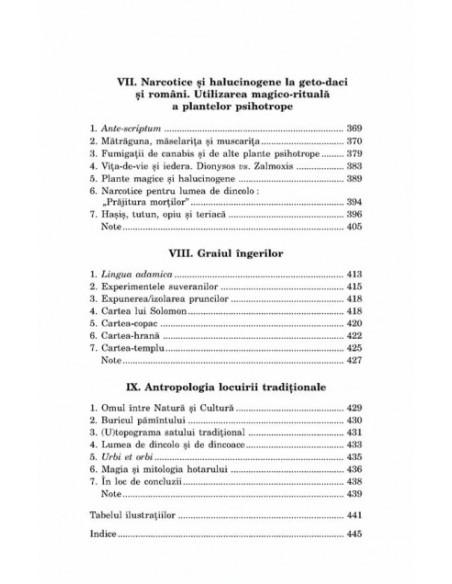

The anguish of loneliness and insecurity-the reverse of the present sentiment and right to freedom-does not accompany the exercise of traditional freedom. But freedom also binds him to his nation and land, his past and his future.

Freedom is the natural way of existence of the traditional community man. The authority of women coexists in highly effective formulas with the authority of men, the authority of elders meets and complements that of young people. It involves the productive joining of different types of authority, specialized by objective and non-convergent criteria such as gender or age. Equality is the basis of the socio-political organization of the Romanian community and the family. However, equality and freedom were not only aftermaths of the French Revolution, but concepts of community philosophy reflected in works of the folk culture. Sometimes, however, this meeting is not harmonious or balanced, but involves a conflict in which the latter are disadvantaged.

Botanical popular terminology has primarily a practical value, designating, distinguishing and categorizing elements of the plant kingdom within the given natural reign, but also has a high theoretical significance, especially for linguists, both by the ethimons to which they send back and by the metaphorical meanings the phytonims mostly have.Values promoted in human rights philosophy meet the values promoted through community rights and tradition. The conclusion of our work is that once known, botanical lexicon of a specific region is not only a thesaurus but also a document of the resident population and places of the past. Coşeriu is not enough highlighted (given that the individual speaker became creator of language / poetry whenever he named a flower. Our paper aims to reveal an inventory, an interpretation and a statistic of romanian names of plants which implicates the word " zmeu ", spread through the botanical terminology, a phenomenon which, as considered by E. Like in other folkloric creations, in our ethnobotany this being has evil representations. Many of the romanian phytonyms are directly related to the dragon (" zmeu ").


 0 kommentar(er)
0 kommentar(er)
